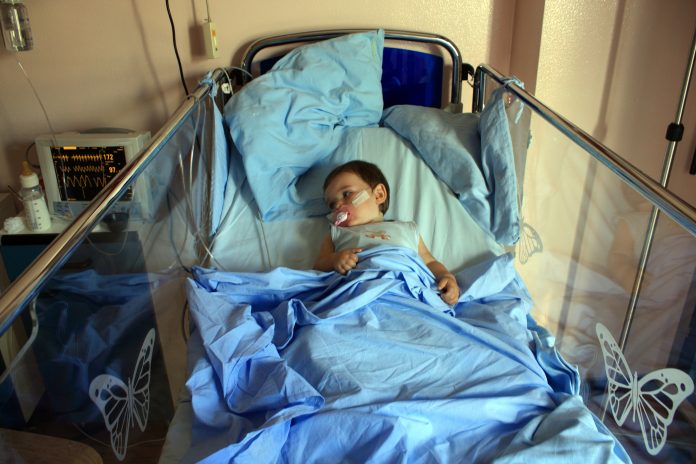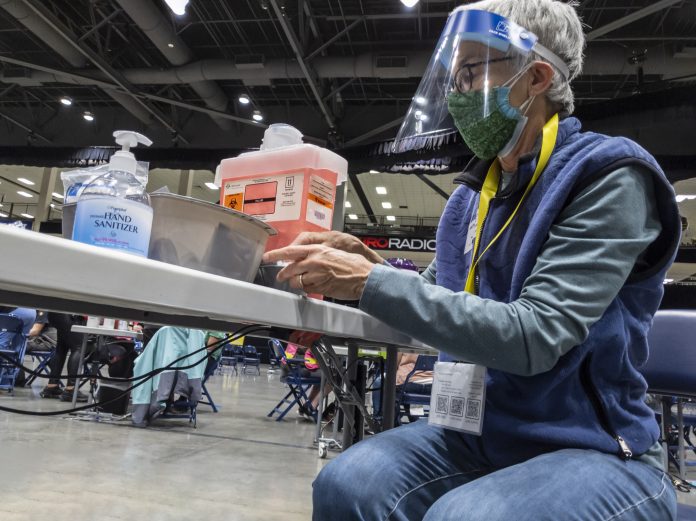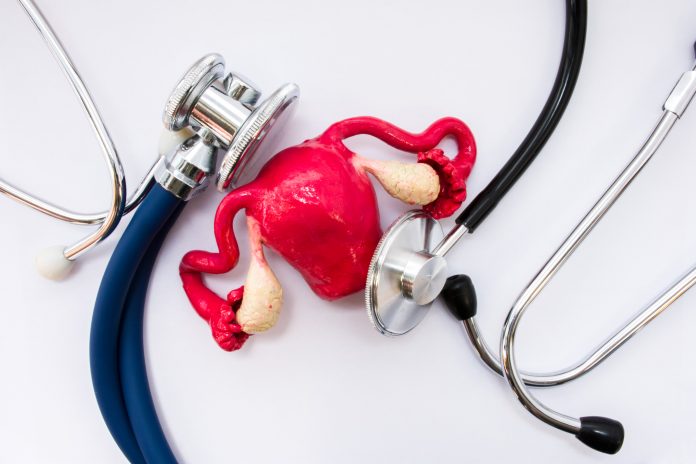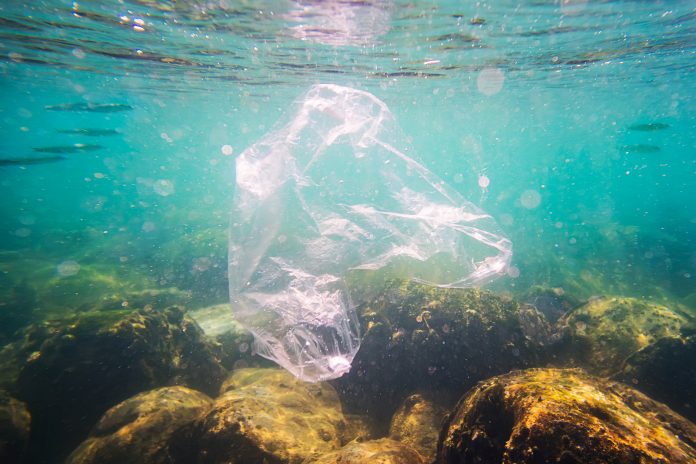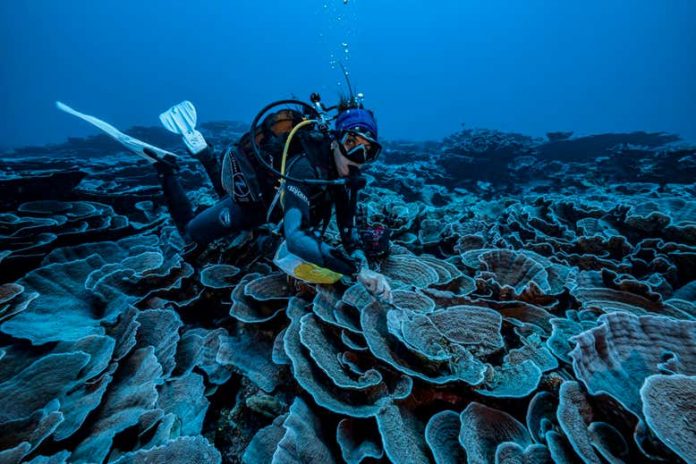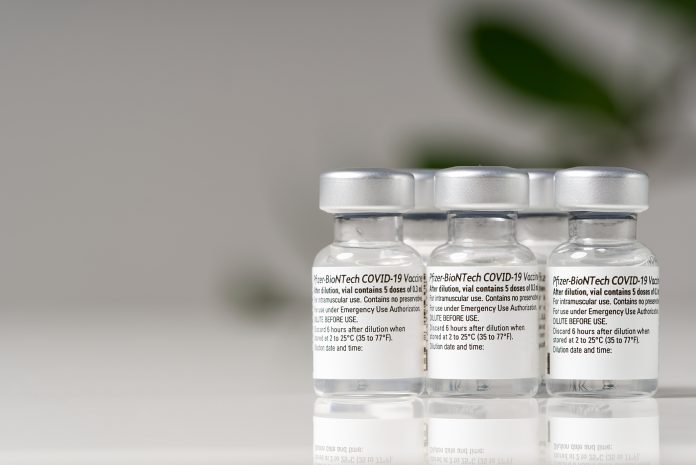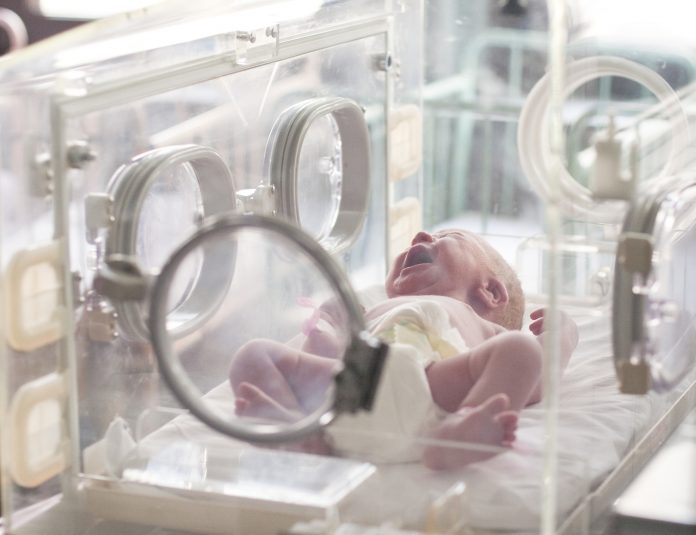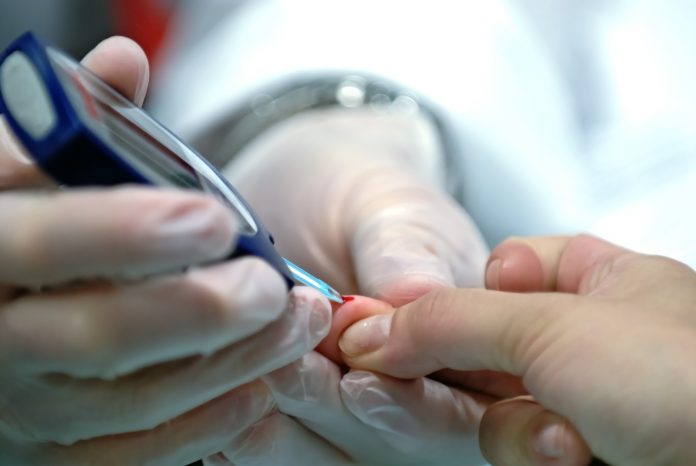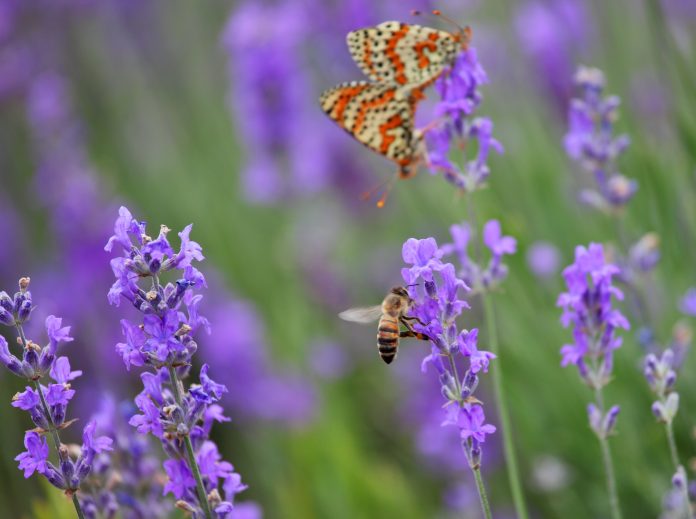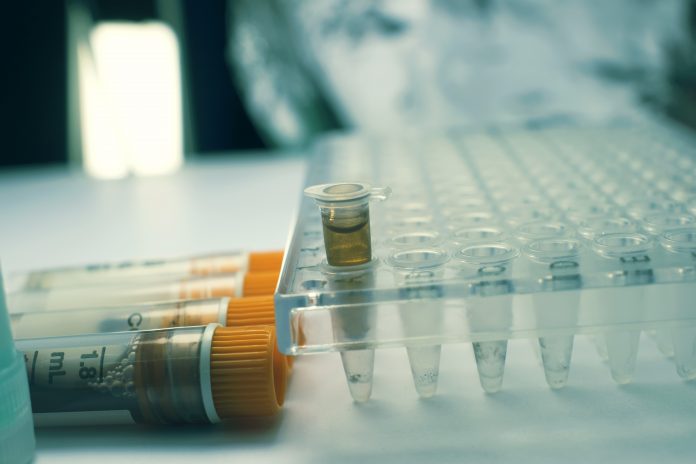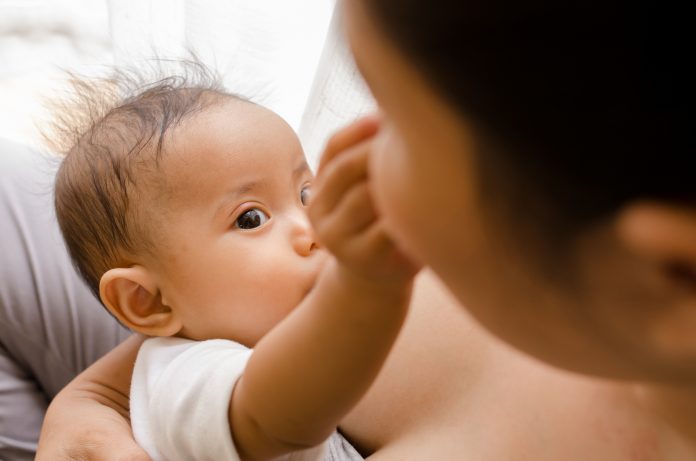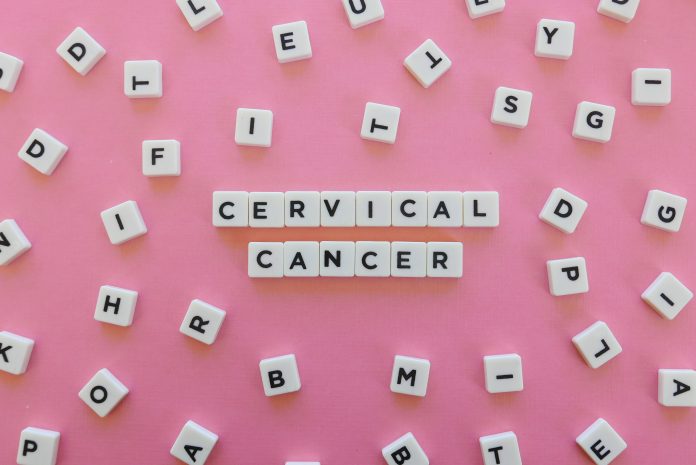Open Access Government produces compelling and informative news, publications, eBooks, and academic research articles for the public and private sector looking at health, diseases & conditions, workplace, research & innovation, digital transformation, government policy, environment, agriculture, energy, transport and more.
Home Search
AI - search results
If you're not happy with the results, please do another search
£2.5 million scheme to support BAME students in postgraduate research
To inspire more Black, Asian and Minority Ethnic (BAME) students into postgraduate research, Durham university have introduced a £2.5 million scheme to diversify their education programmes.
Poor housing creates respiratory health issues for Indigenous children
In First Nation communities in Canada, poor housing conditions lead to frequent rates of respiratory infections - especially in children under three.
Unvaccinated teens nine times likelier to be hospitalised
Data from the Centers for Disease Control and Prevention (CDC) shows that unvaccinated teenagers are nine times likelier to be hospitalised with Omicron.
Tiny “falloposcope” can detect early ovarian cancer
Scientists invented the ‘falloposcope’ to detect early-stage ovarian cancer - now, making history, a surgeon successfully used the device to capture images of fallopian tubes.
Digital local government: This time it is personal
John McMahon, Product Director at IEG4, discusses the evolution of personalisation across the web - highlighting the benefits for local authorities who wholeheartedly embrace it within their digital services.
European parliament adopts draft of Digital Services Act
The Digital Services Act (DSA), a European attempt to place digital regulations on tech giants like Facebook and Google, passed with a strong majority.
Plastic pollution could decrease by 85% with policy action
A new policy tool developed by scientists, ‘Plastic Drawdown’, can help governments to radically cut plastic waste by 2030.
Scientists discover “giant, rose-shaped” coral reef near Tahiti
When French Polynesia experienced a bleaching event in 2019, against the odds, this giant, rose-shaped coral reef survived.
What are the side effects of the Pfizer booster vaccine?
Here, we explain side effects of the Pfizer booster vaccine – with a look at how they impact menstrual cycles.
Hospital trials app to help new parents caring for premature babies
Parents of babies leaving the NICU have been using an app to get real-time medical updates - giving them vital information that may otherwise get lost.
COVID and ‘Artificial Intelligence’ in the workplace
Has COVID 19 increased our acceptance of the role of ’Artificial Intelligence’ in the office workplace? Placemaking discuss the notion...
‘Artificial pancreas’ uses algorithm to protect body from diabetes
Scientists have created an 'artificial pancreas' that uses an algorithm to protect the body - especially ground-breaking for young children with type 1 diabetes.
Antimicrobial resistance now kills more people than HIV or malaria
According to a new study in The Lancet, antimicrobial resistance is now a leading cause of death worldwide, higher than HIV/AIDS or malaria.
Binge-watching TV increases likelihood of blood clots by 35%
Scientists suggest taking breaks when binge-watching TV to avoid blood clots - with four hour sessions increasing the likelihood by 35%.
Misogyny towards women’s sports common amongst male fans
Research analysing online message boards finds male football fans are commonly misogynistic, hostile, and sexist towards women’s sports.
Reversing destruction of biodiversity should be top priority
Over 50 experts say reversing biodiversity loss will take take more than placing protection on land and sea zones.
Childhood vocabulary can predict future emotional regulation
A team find that expressive vocabulary at the age of 5-7 can predict likelihood of good emotional regulation, four years later.
Scientists discover how Zika Virus evades cellular antiviral response
The human immune system is an intricate web designed to stop invading pathogens - but with over 200 virus species capable of infecting humans, some have a way to break through.
Study says breastmilk does not pass COVID to babies
Scientists say that breastfeeding will not pass COVID-19 onto a child - there was no infectious material found in the milk itself.
Which groups are impacted by decreased cervical cancer screenings?
A survey points out the low number of cervical cancer screenings across the US, whilst examining which demographics are being hit the hardest.


